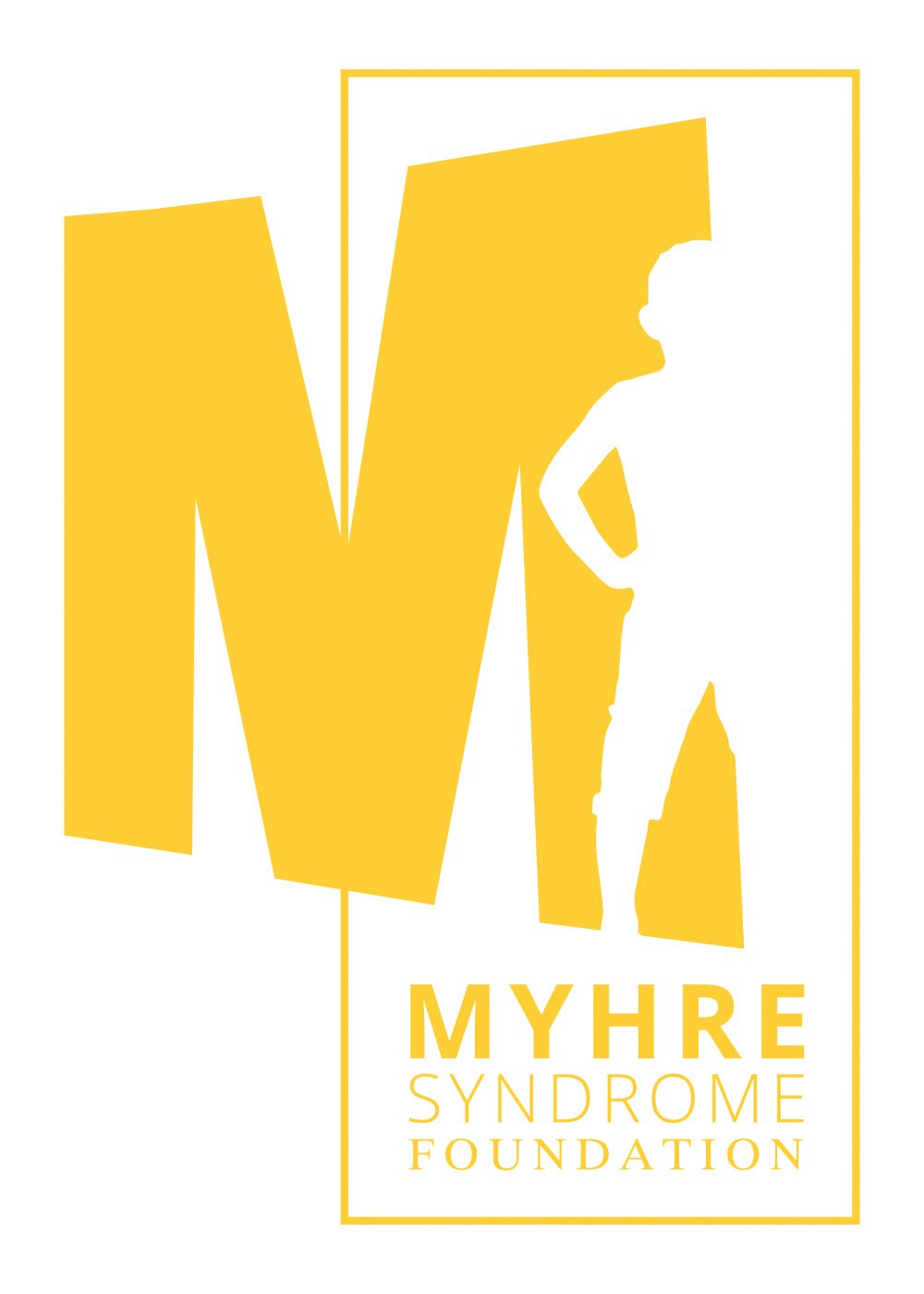Myhre Syndrome and Covid 19 - Q&A
We recently asked our Professional Advisory Board some of your most frequently asked questions about Myhre Syndrome and COVID-19. Here’s what they had to say.
Are people with Myhre syndrome more vulnerable to COVID-19?
The simple answer is that most people with Myhre syndrome are NOT considered immunocompromised. The nuanced answer is that people with Myhre syndrome may be more vulnerable to infections. We suggest you think about your loved one’s ability to handle past infections/viruses as a measure of his/her immune system and how they might respond, should they become infected with COVID-19. Refer to the CDC’s recommendations on what all families should be doing right now. Some people with Myhre syndrome who have active, untreated, or chronic health conditions might be in a “high-risk” category, which means that they may experience more severe symptoms if infected with COVID-19. If your loved one with Myhre syndrome falls into one of these “high-risk” categories, the CDC offers recommendations .
A person who is actively being treated for cancer (extremely rare);
Someone with an untreated heart condition;
People with chronic, untreated respiratory diseases (e.g., emphysema);
Having poorly controlled diabetes (which is extremely rare);
How can I explain the coronavirus to my loved one with Myhre syndrome?
Massachusetts General Hospital offers 7 ways to support kids and teens during the pandemic.
A great article from the Child Mind Institute for adults to help with talking to kids about coronavirus;
Audio story from NPR for kids, plus printable comic strip;
Excellent list of videos, songs, and show segments from PBS, including segments from Daniel Tiger to Sesame Street helping with way to keep kids safe and healthy;
Free, printable social story about the coronavirus, which might be helpful for younger patients with Myhre syndrome, those with a dual diagnosis of autism, and those with complex medical needs;
Should we use social distancing for people with Myhre syndrome?
Social distancing means avoiding public spaces, generally limiting your movement outside of the home, and staying at least 6 feet away from non-family members. This is a good idea for all of us, and has been shown to be one of the most effective ways to prevent the spread of the disease. Here are some practical tips from health experts. As we mentioned earlier, closely follow the directions of your local Department of Public Health.
How can I boost the immune system of my loved one with Myhre syndrome?
Here are some tips in an article from the New York Times.
Which hand sanitizers should we use to protect against COVID-19?
Tips on what to use—and not use—if your family is running low on supplies. In the end, soap is very effective.
Is it too late for the flu shot?
The flu season this year is also taking a toll this year. We certainly don't want people with Myhre syndrome getting the flu and coronavirus at the same time. It's not too late to get the flu vaccine, which is the best way to protect your loved one. Contact your primary care physician to make the arrangements.
Are doctors keeping their usual appointments?
This varies from place to place. At many hospitals, clinic appointments have been cancelled. Some physicians are able to use Telemedicine, as a Video Virtual Visit. If your loved one has any symptoms of COVID-19, please contact his/her primary care physician by phone.
Where can I get more information ?
We suggest that everyone follow online guidelines which may change frequently. We are learning new information each day as research is published. We will continue to provide support and information as we travel this new journey.

